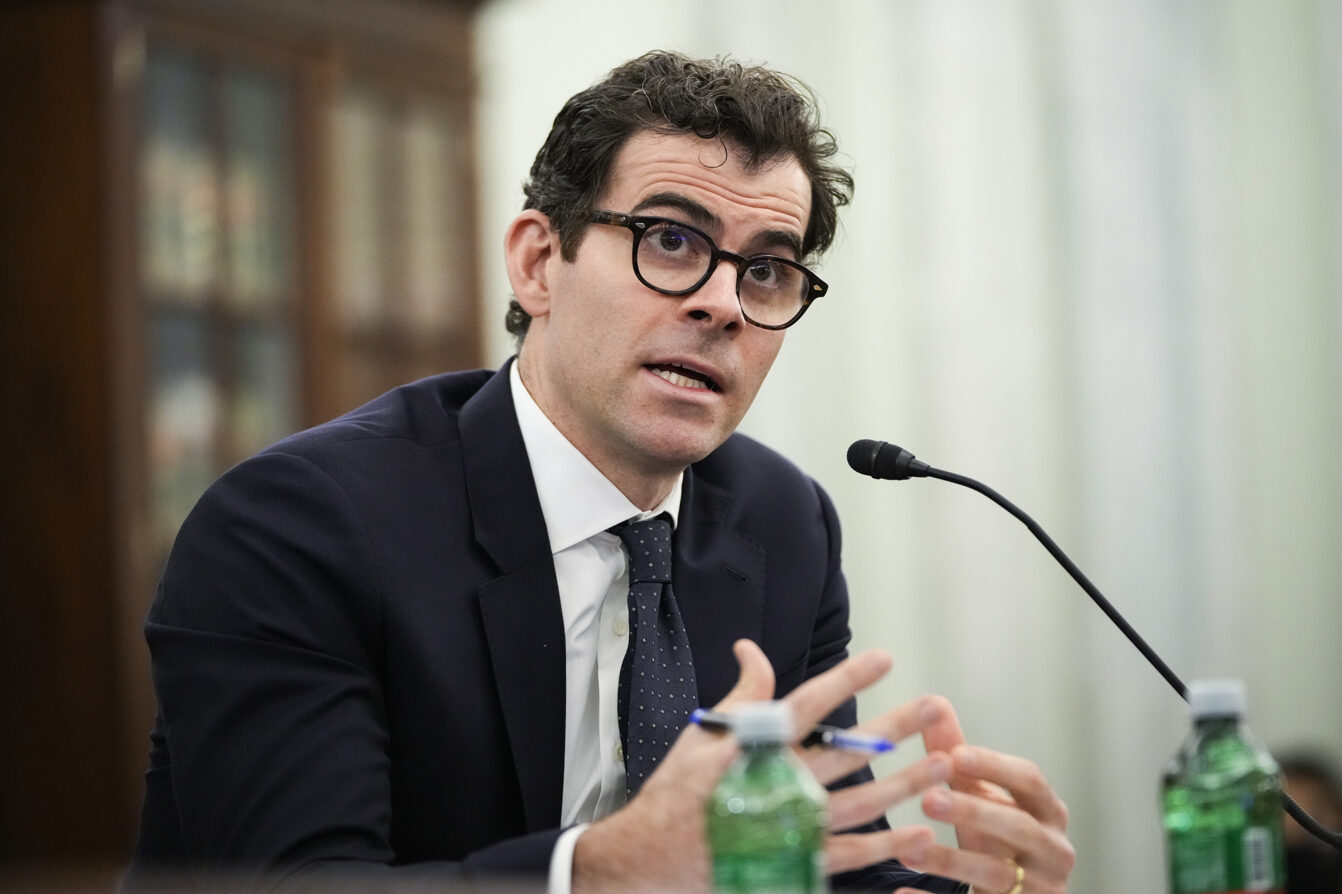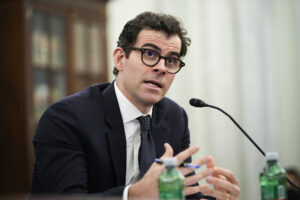Spotlight: Congress Investigates Instagram’s Effect on Teens

by Lizzy Hermosilla ‘23

Head of Instagram, Adam Mosseri, testifies in front of Congress in early December.
In October, Facebook whistleblower Frances Haugen released documents containing data from internal research showing the company’s adverse effects on the minds of young people. Later that month, Facebook and its affiliates rebranded as Meta. The documents, now referred to as the Facebook Papers, contain various troubling statistics about the effects of Instagram, a Meta affiliate, on young people, especially teen girls. The papers sparked congressional outrage, creating a bipartisan movement to reform big tech practices that exploit children and teens.
On December 8, head of Instagram Adam Mosseri testified in a Senate committee hearing titled, “Protecting Kids Online: Instagram and Reforms for Young Users on Capitol Hill.” The hearing, led by Republican Senator Marsha Blackburn and Democratic Senator Richard Blumenthal, zeroed in on the harmful data released in the Facebook Papers. This data included statistics such as “one in three teenage girls who felt bad about their bodies said Instagram made them feel worse,” and “13 percent of British teenage users and six percent of American teenage users who had suicidal thoughts traced the desire to kill themselves to Instagram.” Mosseri refuted this data by saying that it was incomplete and developed from a small sample size.
Blumenthal also presented data that his office collected independently. His office created a fake Instagram account for a teen girl and found that the content presented to the “teen user” promoted eating disorders.
In July, Instagram guided teen users of the platform by implementing a safety policy making all accounts for teens under the age of 16 set to private accounts by default. Blackburn’s office investigated the new privacy policy by making a fake Instagram account for a 15-year-old, and found that the account went to a public setting by default. Mosseri responded that the private-by-default feature applied to IOS and Android users, but not those using a desktop.
The hearing also brought to light the continued push by Instagram to continue their Instagram for Kids, a platform more geared towards kids under 13. Mosseri would not commit to ending the plan for the pre-teen platform, but for now its development has been paused. During the hearing, Mosseri mentioned how Meta is losing ground to competitors like Snapchat and TikTok. Mosseri cited data from a recent Forrester survey that depicted TikTok as the main social media platform for Gen-Z. The survey also showed Instagram losing ground as the most popular social media platform among Gen-Z, with Snapchat slowly encroaching on Instagram’s popularity. “With teens using multiple platforms, it is critical that we address youth online safety as an industry challenge and develop industry-wide solutions,” said Mosseri.
Blackburn, a staunch believer in internet safety for kids, was optimistic at the end of the hearing with the new momentum her cause has garnered. “The time is ripe to pass a national consumer privacy bill, as well as kids-specific legislation to keep minors safe online,” said Blackburn.